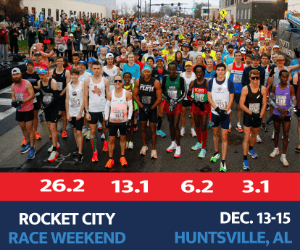Training Tips by Runzy Director of Coaching Joe McConkey
Speed Up or Heat Up Your Metabolism?
Finding your ideal racing weight requires two basic components to be fully maximized, training and nutrition. If both are consistent and diverse the result is a continual boost to your metabolism. This peaked metabolism then works to build your body composition and eventually land on a body weight (and body composition) that is primed and optimized for your running. Many think they need to 'speed up' their metabolism, but nutritionist often prefer the phrase 'heating up' instead. The distinction can be helpful in understanding and thus implementing key changes to your habits.
Four 'heating up' strategies to consider include:
- Running in the morning - This quickly fires up your metabolism for the day. You are basically telling your metabolism "This is what we do, time to get ready".
- Vary up your runs– Run slow, fast, short, long, hills, flat, etc. This makes your body have to continually adapt, and thus continually requiring regular healthy nutrients. The signal here is "Hey, we're not done getting fit, so keep the fires burning".
- Eating breakfast – You are breaking the fast from sleep, a time when your metabolism has been at its 'coolest'. Skipping this meal says "You can stay asleep, nothing to do yet", which is the opposite signal you want to send.
- Eat smaller meals often – This can be a key stimulant to heating up your metabolism. By eating five meals a day, for example, with each meal having slightly less calories than your normal meal, you leave each meal satiated but not full. This then keeps your metabolism heated up and ready for more. If you plan these meals well your metabolism will be saying, "I'm not hungry, but I'm ready whenever you are".





